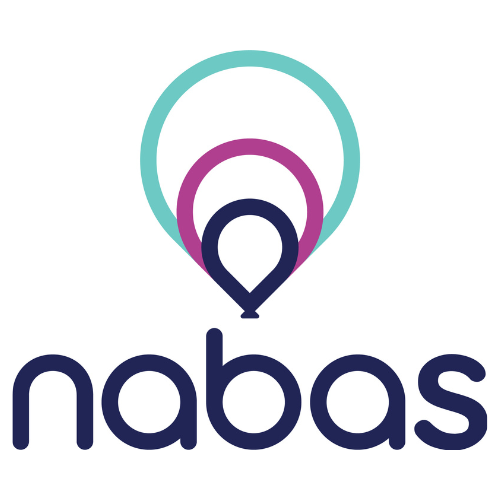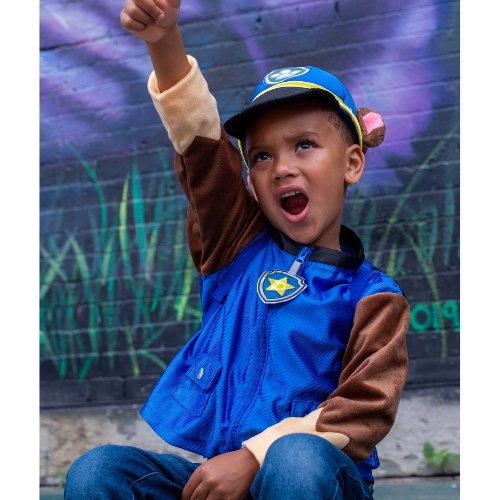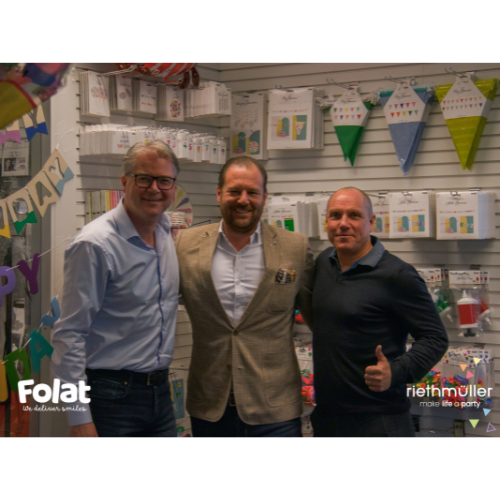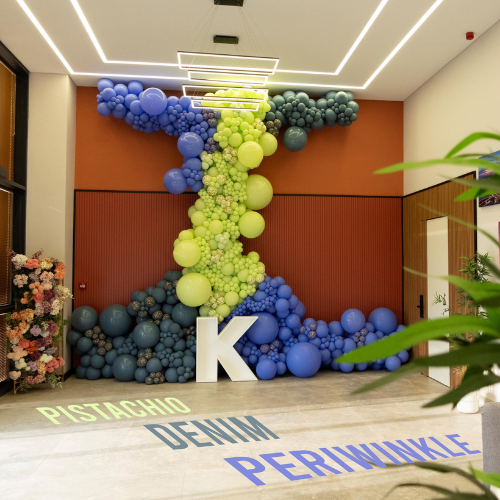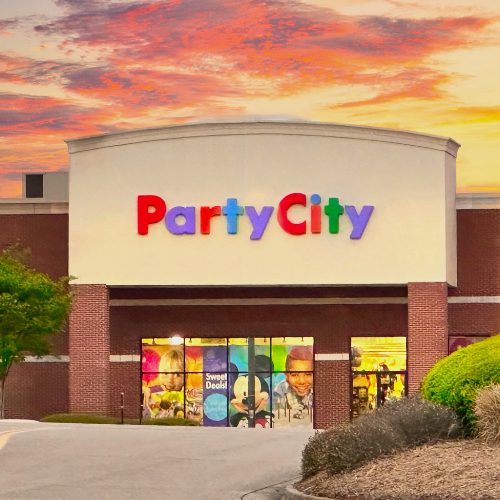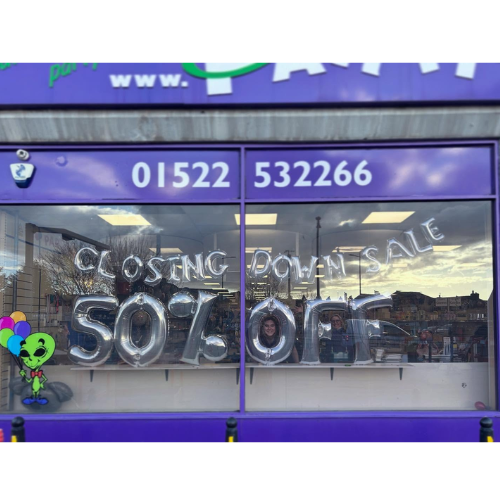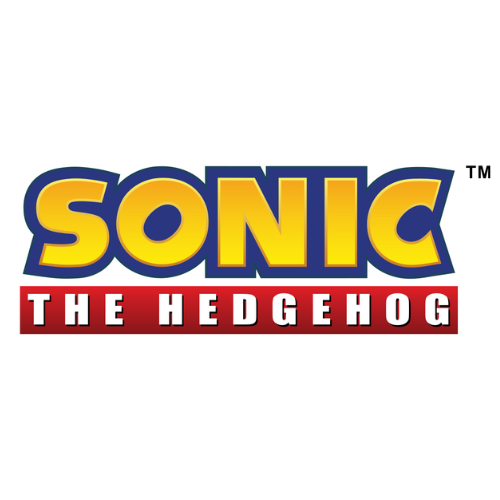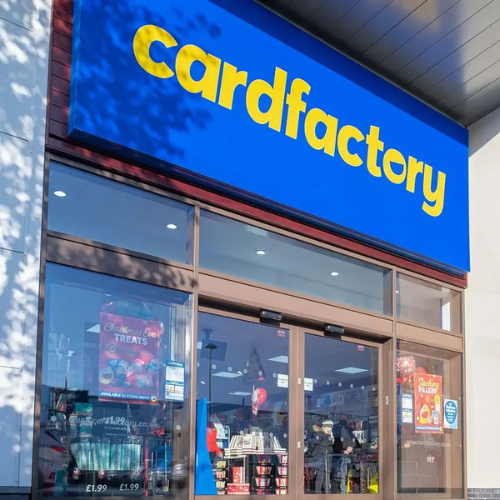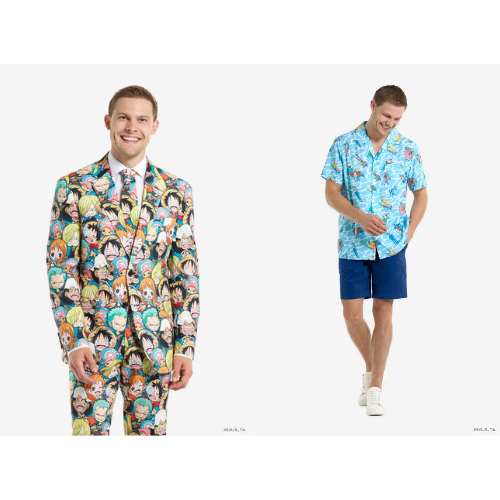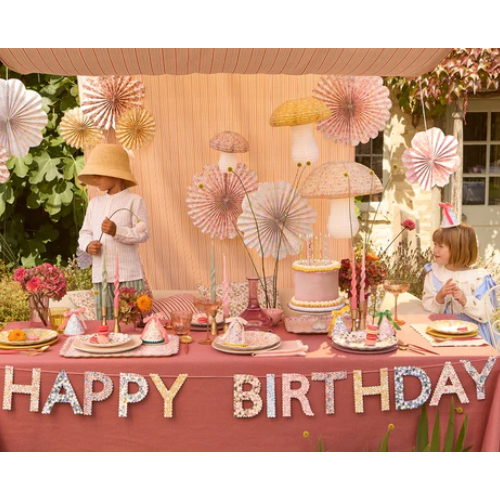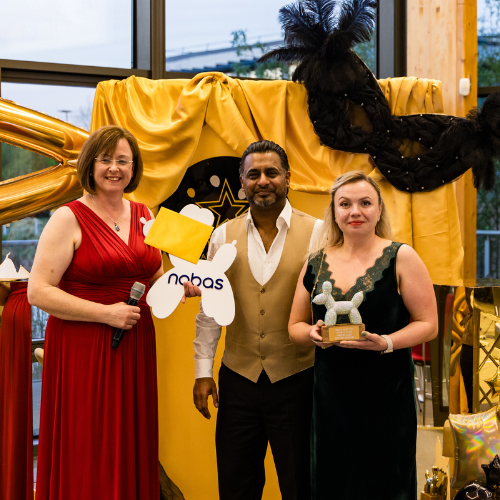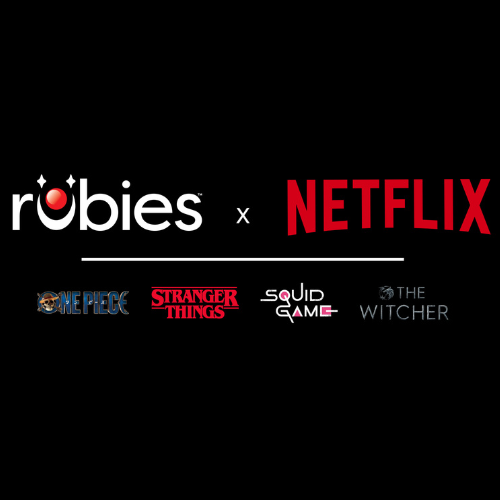Industry giants Rubie’s and Smiffys have responded to the Halloween sustainability report which has been featured in the national press across the UK.
The report – which looked at the amount of plastic waste generated by Halloween costumes alone – generated a number of attention-grabbing headlines, such as: ‘Halloween costumes contain the same amount of plastic as 83,000,000 bottles’, ‘Costumes will create 2,000 tonnes of plastic waste’ and ‘Scariest thing about Halloween is plastic waste’.
The report itself focused on the results of an investigation by environmental charity Hubbub, which looked at the Halloween costumes available from a number of supermarkets and retailers – including Aldi, Argos, Asos, Amazon, Boden, John Lewis, M&S, Next and Tesco.
The findings showed that 83% of the material used to make the costumes was oil-based plastic which was likely to end up in landfill – an amount that the charity estimated to be the equivalent of over two thousand tonnes of plastic (or 83,000,000 plastic bottles).
The report also states that: ‘Unless retailers and manufacturers take action’ the huge plastic-waste footprint of Halloween ‘is likely to continue’, and calls for ‘better and consistent labelling’ as many consumers do not realise that these materials are plastic.
It goes on to suggest that consumers looking to reduce their plastic consumption should buy from charity shops, re-use costumes to create new outfits, or make their own from non-plastic materials.
Holly Oldham, managing director at Rubie’s, acknowledged the importance of sustainability in the current market.
“Rubie’s has been working on our own sustainability plan for some time and we can now manufacture costumes that are made from recycled fabrics and trims, bio-degradable glitter, ZDHC prints and bio-degradable packaging,” Holly revealed. “The greater challenge is with whether or not consumers are willing to pay the extra to support sustainable products and this is an ongoing conversation with our retail partners.”
She added: “We are continually working on ways to manufacture products that are more sustainable and affordable and it is a key focus area of our business strategy.”
Smiffys has taken a similarly proactive approach to the issue, as director Dominique Peckett revealed.
“We have plans in place to start introducing both recycled fabrics and recycled fabric made from plastic, from early next year,” she said. “Until recently the problem has been finding fabric with less environmental impact, at a price that was acceptable to the consumer. The fabrics we have sourced are still more expensive, but we will market the new items highlighting the sustainability credentials and let the consumer make the choice.”
“In addition to recyclable fabrics, we have been focusing on how to reduce the impact of our packaging, such as the fully-recyclable cardboard wig boxes made using water-based inks and varnishes, ensuring far less environmental impact.”
Dominique also pointed out that there’s still a way to go to for the global apparel and fashion industry as well. “They need to really exert their influence to encourage fabric mills and suppliers to develop the technologies and reduce the costs,” she explained. “There’s also a focus required from government to really improve recycling facilities.”
The Hubbub Halloween sustainability report can be seen in full here.








